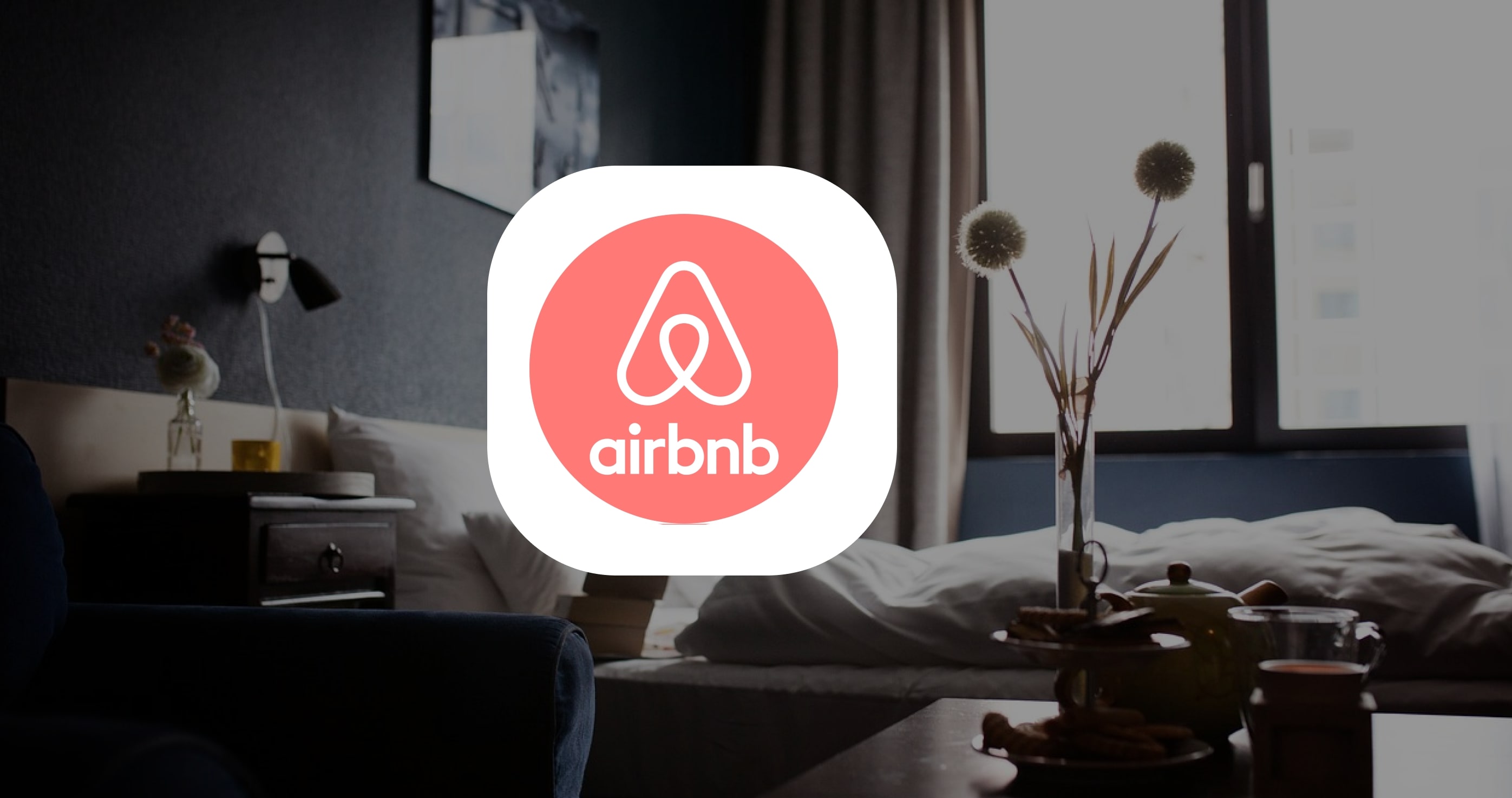Are Rising Costs a Red Flag for Airbnb Investors?
Introduction
Airbnb, Inc. (ABNB) recently reported its financial results for the fourth quarter of 2024, showcasing key metrics that illustrate a continued recovery and growth strategy in the wake of previous downturns in the travel industry. However, with rising costs becoming a recurring theme across various sectors, the question arises: Are these increasing costs a red flag for Airbnb investors? This article will analyze the earnings release to assess whether Airbnb’s rising costs threaten its performance or highlight a natural phase of growth.

Understanding Airbnb's Market Position and Growth Drivers
As one of the leading platform-based hospitality businesses globally, Airbnb has leveraged its unique market position to foster substantial growth in nights booked and gross booking value (GBV). In Q4 2024, Airbnb recorded a 12% year-over-year increase in revenue, amounting to $2.5 billion. This growth was largely attributed to a surge in nights booked—reaching 111 million—and enhancements to its booking platform, making it seamlessly easier for users to book stays. The company’s substantial investment in technology has modernized its platform and improved user experience, which are pivotal in retaining customers in a highly competitive market.
Despite the above strengths, rising operational costs have caused concern. In Q4 2024, total costs and expenses amounted to $2.05 billion, reflecting an increase from $2.01 billion in Q4 2023. Specifically, major areas of cost inflation included product development and sales and marketing expenditures, which rose to $538 million and $547 million, respectively. This increase highlights the balance Airbnb must strike between bolstering growth and managing costs effectively.
Financial Performance Analysis: Cost Trends and Margins
The rise in costs year-over-year raises an essential question about Airbnb’s profitability. The adjusted EBITDA for Q4 2024 was $765 million, yielding an adjusted EBITDA margin of 31%, a decrease from 33% in Q4 2023. This drop suggests that while revenue is increasing, rising costs are dampening profitability margins. It’s worth noting that net income for Q4 2024 was $461 million, translating to a net income margin of 19%, compared to a loss of $349 million in the same quarter last year.
Examining operating expenses, Airbnb's total costs for the full year 2024 were reported at $8.5 billion, a slight increase from $8.4 billion in 2023. Notably, general and administrative costs declined significantly from $2.02 billion in 2023 to $1.18 billion in 2024, largely as a result of previous non-recurring expenses. Therefore, the ongoing costs increase—particularly in product development and marketing—could signal a strategic pivot towards enhancing service offerings and global penetration rather than a functional inefficiency.
Growth Areas and Strategic Guidance for Future Performance
Looking ahead, Airbnb's management is optimistic about the company's prospects and sustainability. The launch of the Co-Host Network, designed to attract better-quality hosts and ease the hosting burden on existing users, could unlock new revenue streams. Furthermore, geographic expansions in markets like Latin America and Asia-Pacific have shown promising growth, with the company routinely enhancing its offerings based on regional demands.
The optimism for 2025 is evident as management anticipates introducing new services in their upcoming Summer Release aimed at bolstering growth rates. For Q1 2025, projected revenue is expected between $2.23 billion to $2.27 billion, reflecting a range of 4% to 6% growth year-over-year. These projections align with cost management strategies that aim to maintain margins while realizing long-term growth through sustained investments.
Add to this stock performance, Airbnb's share price recently hovered around $141.04. Analysts largely view this as promising, as the recent price target estimates hover in the range of $150-$160, suggesting room for further growth despite the rising costs.
Conclusion: Do Rising Costs Signal Trouble for Investors?
In conclusion, while rising operational costs have increased scrutiny around Airbnb's profit margins, the company's strategic investments and robust revenue growth indicate it is poised for future success. Increasing expenses in critical areas like marketing and product development may appear as a red flag, but they represent necessary steps for Airbnb’s long-term positioning and competitive differentiation in a dynamic market. Investors should closely monitor Airbnb's cost management efforts and observe how new initiatives translate into revenue growth over the coming quarters, particularly as the company launches new offerings. Balancing sustained investment in growth with prudent cost management will ultimately determine Airbnb's resilience in the evolving landscape of the travel industry.
By WallstreetCrunch - Feb 23, 2025 at 8:31PM
